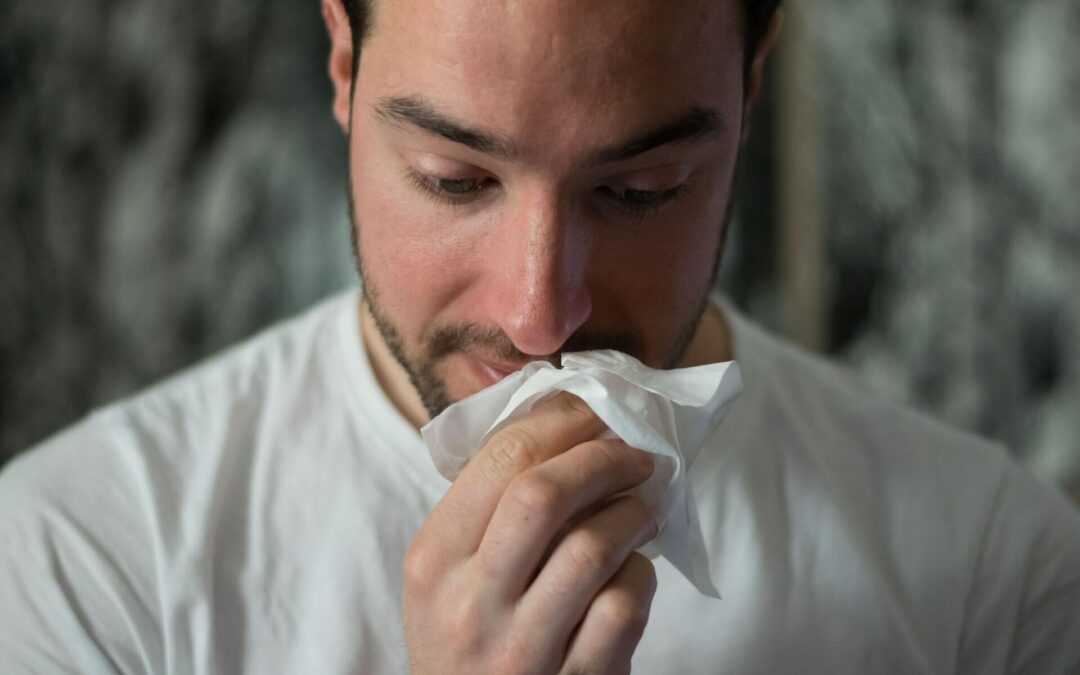Allergies are nothing new, especially to those who have regular bouts with allergic rhinitis. However, being familiar with allergies doesn’t make them any less annoying than they truly are. For some, their seasonal allergies worsen at specific and various periods of the year. Meanwhile, others experience allergies at certain times of the day.
If you wake up in the morning with a stuffy nose and itchy eyes, you may be experiencing an allergic reaction to something. Read on to discover more about morning allergies today.
Understanding Morning Allergies
Allergy symptoms in the morning are identical to other allergy symptoms, but they are more severe. Some of the symptoms include sneezing, a runny or stuffy nose, tiredness, itchy and watery eyes, swollen eyelids, itchy ears, and coughing.
When an allergy is severe enough, it can create symptoms comparable to asthma, such as difficulty breathing, wheezing, and coughing.
Morning Allergies: The 3 Most Common Culprits
1. Dust Mites
Morning allergies are caused by dust mites. Dust mites are an issue throughout the year. The severity of symptoms is usually greatest first thing in the morning. This is due to the fact that dust mites flourish in beds, pillows, and bedding.
Although you cannot completely eliminate dust mites, you can reduce your exposure. You can do this by covering your mattress and pillows to protect your bed, using tiles instead of carpet flooring, maintaining low humidity levels in moist areas, and using a dehumidifier. Vacuuming regularly may also help.
2. Pet Dander
If you have allergies, it’s probable that your dog or cat is the source. Allergies to pets include dander, saliva, and urine. If you share your bed with your pet, morning symptoms are more likely.
If you believe your pet is causing your morning allergies, you should not keep them in your bedroom. Along with this, change your clothes before going to bed, as some pet dander from your clothes may transfer to your bedding.
3. Pollen
Pollen allergies are one of the most prevalent allergic reactions. Pollen allergies are a seasonal problem. Trees, grass, and ragweed can all cause allergic responses.
Pollen allergy symptoms are often at their worst first thing in the morning. Because pollen adheres to clothing, it can be carried indoors and transmitted to other surfaces, such as furniture and bedding. You will be exposed to pollen if you leave your windows open all night. It is probable that this will aggravate morning allergies.
Pollen exposure can be decreased by closing windows, keeping outerwear outside of the home, regularly cleaning clothes and bedding, and checking pollen levels outdoors.
Morning Allergies: Seeking Medical Attention
While some people treat allergies using antihistamines, others may need more medical attention. After all, difficulty breathing or symptoms of asthma should alert you, your loved ones, and your trusted doctors.
Some people find that successfully treating their allergies entails making lifestyle changes as well as taking over-the-counter medications. If your allergies persist and affect your daily tasks even after all your new lifestyle adjustments, perhaps it’s time to schedule an appointment with your doctor or an allergist.
With a doctor on your side, he or she will be able to help you identify the allergen to which you are sensitive through testing. Beyond checkups, your doctor can prescribe and treat you with Immunotherapy, and a variety of available allergy medications.
Conclusion
Allergies, regardless of severity, may impair your daily activities and hinder you from living a normal life. On top of that, the effect of using antihistamines for a prolonged period of time is a whole other story. As such, to reclaim your normal breathing, decongested nose, and a life free of sneezing and coughing, seek medical assistance to steer clear of morning allergies forever!
Are you interested in an effective allergy relief product? QEStrong offers reliable quality products to secure your overall health. Visit our online shop today!








